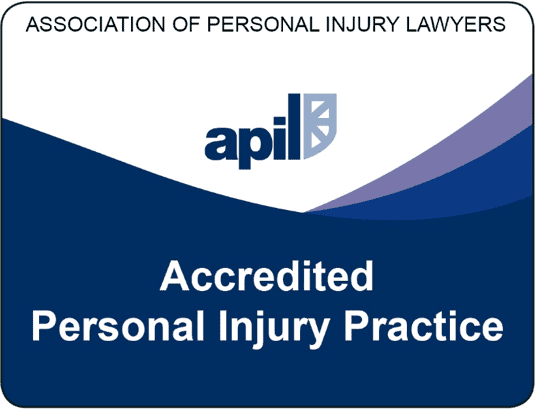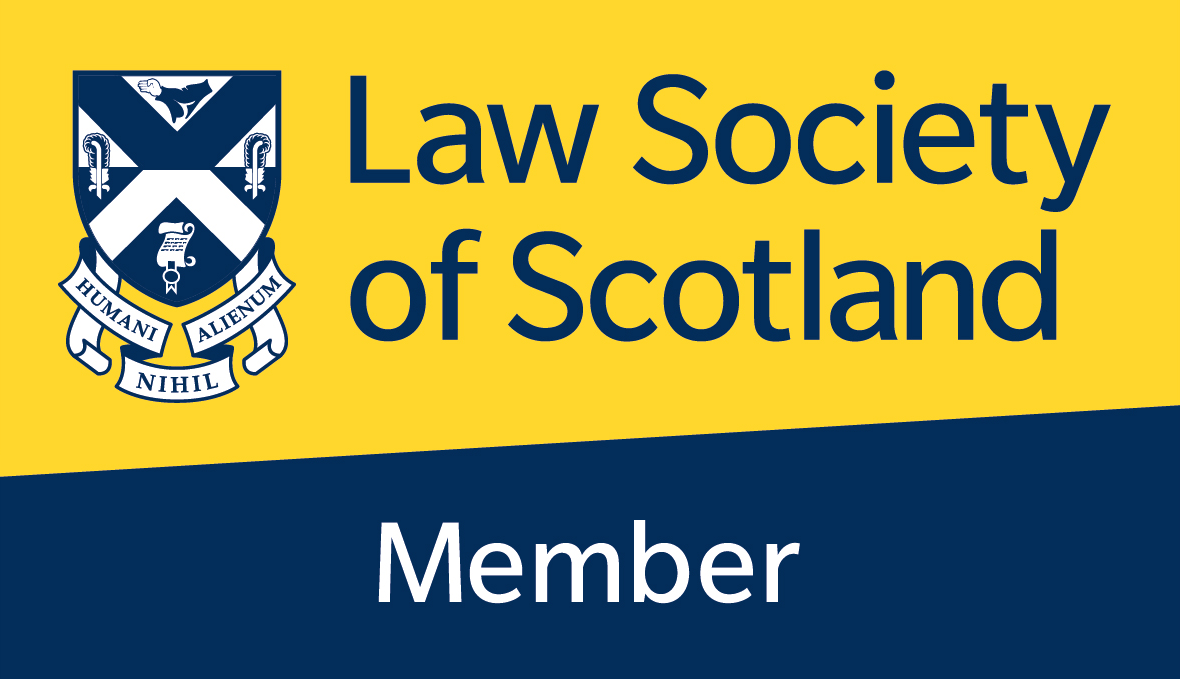
Review of Expenses and Funding of Civil Litigation in Scotland (The Taylor Review): Response by Lawford Kidd Personal Injury Solicitors to the Consultation paper
Thursday 15th March 2012
Lawford Kidd is a Specialist Personal Injury Practice. The firm welcomes the Review of Expenses and Funding.
Lord Gill’s consultation paper raised serious concerns regarding the availability of funding for claimants, particularly in relation to personal injury actions. Lord Gill made it clear that the proposals by Lord Justice Jackson in England raised fundamental issues which should be addressed by the Working Group on Judicial Expenses.
In view of the problems identified by Lord Gill relating to funding and its impact on Access to Justice Lord Gill made it clear that an urgent review was needed of the current cost regime.
In his recommendations (vol. 1 page 270, para190) Lord Gill states “the outcome of Lord Justice Jackson’s review and whether, in the light of his recommendations, the rule that expenses follow success may require to be modified in this jurisdiction, are matters that should urgently be addressed by the Working Group on Judicial Expenses”.
The firm welcomes the introductory remarks of the Review of Expenses where it is stated that the Civil Justice System “should be accessible to all and sensitive to the needs of those who use it”.
This response focuses principally on the question of costs in relation to personal injury litigation. The submissions are based on the acknowledged problems with the funding of personal injury litigation in Scotland identified by Lord Gill and confirmed in the review paper. It is clear that in Scotland at present there are significant problems in providing Access to Justice for personal injury claimants.
1. Legal Aid funding is of minimal significance in personal injury litigation. The total number of grants of Civil Legal Aid in the Court of Session in 2011 amounted to 59, including clinical negligence. The annual case load of personal injury actions in that forum was around 3,000.
2. There is no adequate regime for providing after the event insurance nor are the premiums recoverable. This paper attaches a scheme of ATE insurance provided by Templeton Insurance indicating the type of standard provision available in England with the cost of premiums which can be substantial. Such policies work in England because they are recoverable. In Scotland they would require substantial deductions from the claimants damages. Lord Gill’s survey of Scottish Solicitors identified the fundamental issue regarding ATE insurance: Chapter 14 para 109: “some respondents noted that it was difficult and sometimes impossible for solicitors to obtain ATE cover for their clients in Scotland. Some reported that it was available, but more expensive than in England and Wales. This was partly because the market was too small and partly because premiums were not recoverable, which in turn impacts on the size of the market.. there was broad agreement that the ATE market was unlikely to develop in Scotland unless premiums were recoverable”. In relation to Scottish Speculative Agreements it is clear again from Lord Gill’s Review that there is a significant issue relating to Access to Justice; this is discussed on pages 98 and 99 and para 107 “as far as Access to Justice is concerned, speculative fee arrangements were said to have been responsible for a reduction in the number of firms taking on personal injury litigation, resulting in less choice for consumers but a concentration of expertise in those firms dealing with such cases…Another respondent was of the view that speculative fee arrangements were being entered into where there was little risk”.
In relation to trade union funding of cases the inadequacy of the Scottish regime is highlighted in chapter 14 of the Scottish Courts Review at para 97 “it is understood that some trade unions have special arrangements that do not fit the normal model for speculative fee agreements, in that success fees are not charged where the claim is successful and neither the defenders nor the pursuer’s legal costs are charged to the pursuer if he is unsuccessful, these being met either by the union itself or the solicitors”.
It clearly cannot be an appropriate means of funding cases that lawyers have to bear the costs of cases for unsuccessful claims. The impact of such a funding method results is to disadvantage clients with a good case since they are in effect cross-subsidising weaker cases. This also encourages the pursuit only of cases where there is little risk (Lord Gill chapter 14 para107).
With this response is enclosed a briefing paper submitted to the Royal Faculty of Procurators in Glasgow on 10th November 2011. That paper highlights the similarity in personal injury law in England and Scotland relating to
a) The substantial law
b) The assessment of damages
c) The fact that most insurance companies are UK based and insurers administrative systems will tend to treat Scottish and English systems, particularly in relation to assessment of damages, in a similar manner. One immediate impact of the introduction of Lord Jackson’s proposals in England would be to increase the general damages by 10%. The lack of similar proposals in Scotland would have an immediate impact on Scottish solatium levels by allowing recover at only 90% of the English level.












